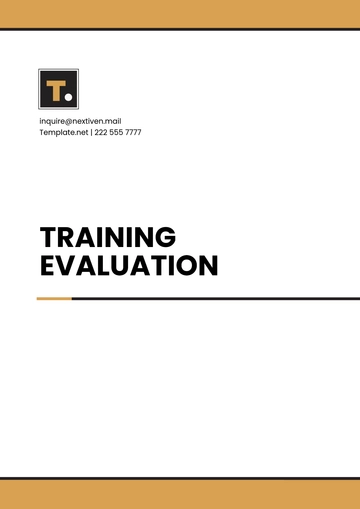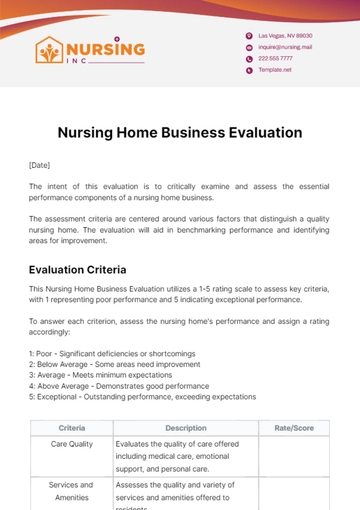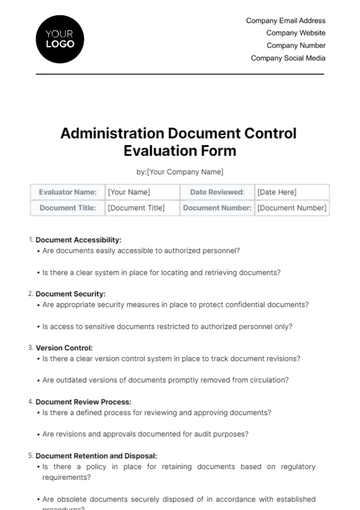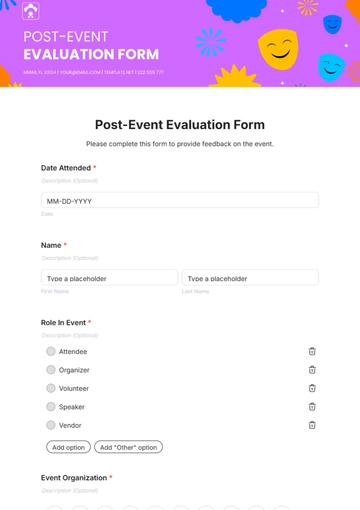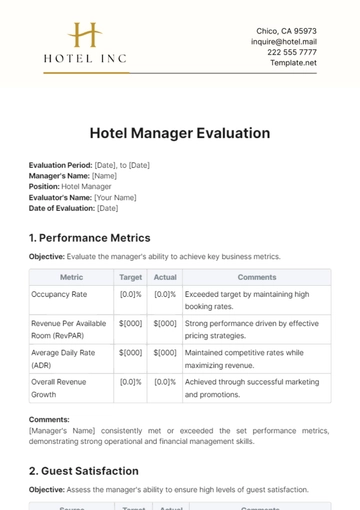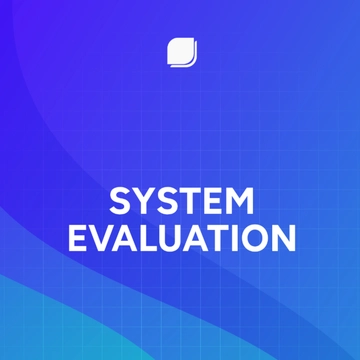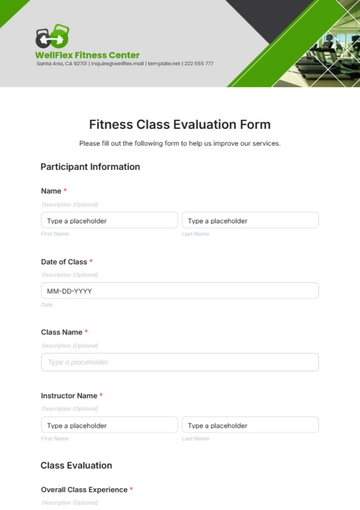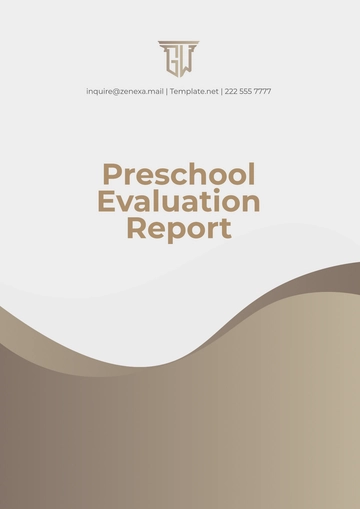Free Pediatric Feeding Evaluation
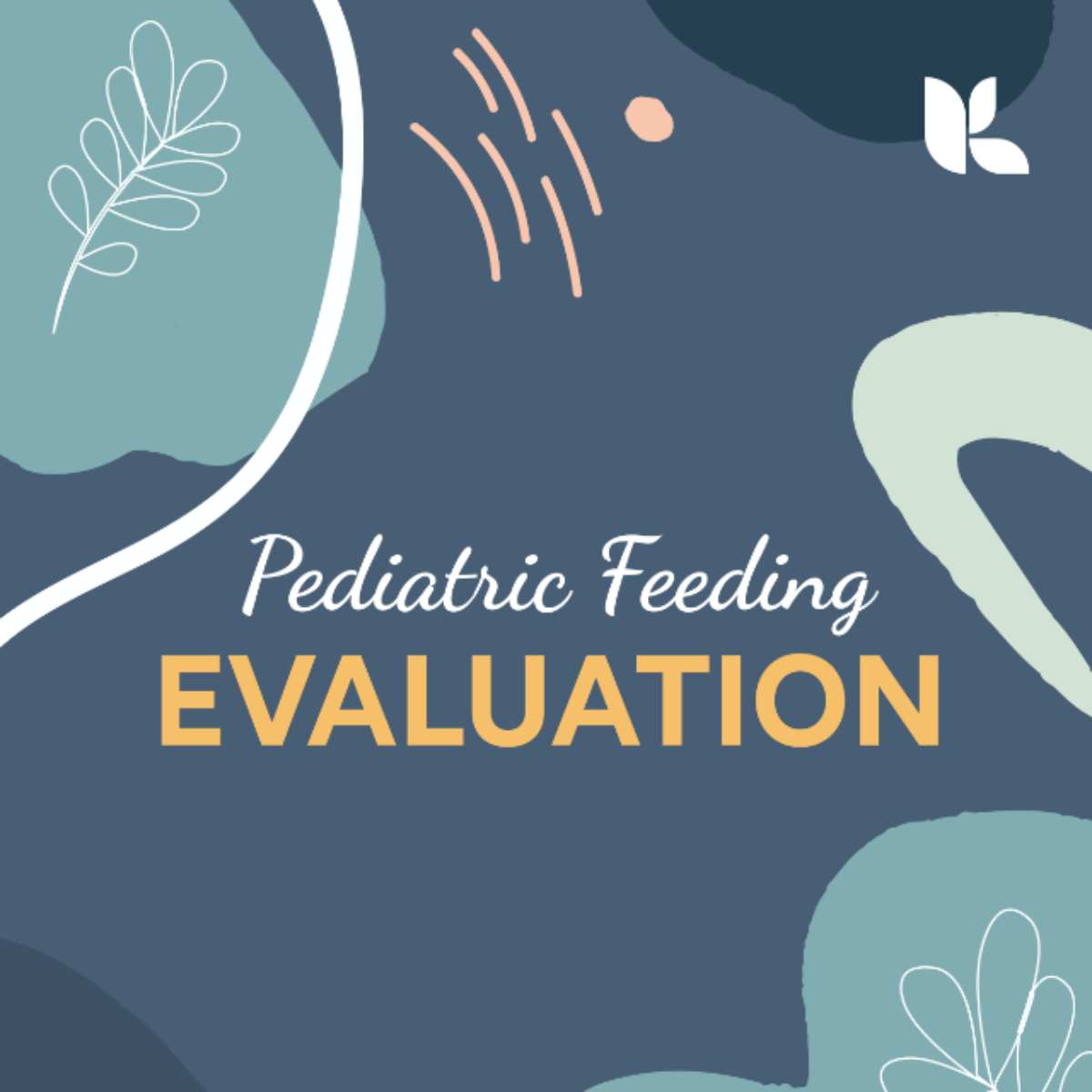
[YOUR COMPANY NAME]
Patients Information
Name: | |
Age: | |
Gender: | |
Date: |
Introduction
The Pediatric Feeding Evaluation is designed to facilitate a comprehensive assessment conducted by healthcare professionals to evaluate and address feeding difficulties or disorders in infants and children. This evaluation aims to identify underlying factors contributing to feeding challenges, develop tailored intervention strategies, and promote optimal nutrition and growth for the child.
Background
Feeding difficulties in infants and children can have significant implications for their overall health and well-being. Healthcare professionals need to conduct a thorough assessment to understand the unique needs and challenges of each child. This evaluation provides a structured framework for gathering information, assessing feeding skills, identifying potential medical, developmental, or behavioral factors, and developing individualized intervention plans.
Evaluation Criteria
Feeding Skills
Criteria | Description | Rating |
|---|---|---|
Suckling | Rate the child's ability to effectively suckle during feeding. | |
Swallowing | Assess the child's swallowing coordination and safety during feeding. | |
Chewing | Evaluate the child's chewing efficiency and ability to manage food textures. |
Oral Motor Function
Criteria | Description | Rating |
|---|---|---|
Lip Closure | Rate the child's ability to maintain lip closure during feeding. | |
Tongue Control | Assess the child's tongue movement and coordination during feeding. | |
Jaw Stability | Evaluate the child's ability to maintain jaw stability and control during chewing. |
Sensory Responses
Criteria | Description | Rating |
|---|---|---|
Texture Tolerance | Rate the child's tolerance to different food textures. | |
Temperature Sensitivity | Assess the child's sensitivity to hot or cold temperatures of foods. |
Behavioral Factors
Criteria | Description | Rating |
|---|---|---|
Mealtime Behaviors | Evaluate the child's behavior during mealtime, including attention, cooperation, and engagement. | |
Food Refusal | Rate the frequency and severity of food refusal behaviors exhibited by the child. |
Rating Scale:
1 - Poor: Signifies significant difficulty or impairment, requiring extensive support or intervention.
2 - Fair: Indicates moderate difficulty or limitations, necessitating targeted intervention.
3 - Average: Reflects satisfactory performance with room for improvement.
4 - Good: Signifies above-average performance with minimal difficulty.
5 - Excellent: Represents exceptional performance with high competence and independence.
Comments and Notes
Comments | Notes |
|---|---|
- 100% Customizable, free editor
- Access 1 Million+ Templates, photo’s & graphics
- Download or share as a template
- Click and replace photos, graphics, text, backgrounds
- Resize, crop, AI write & more
- Access advanced editor
Discover the ultimate solution for pediatric feeding evaluation with Template.net's Pediatric Feeding Evaluation Template. This meticulously crafted resource offers unparalleled convenience, with its fully editable and customizable features. Tailor assessments to your specific needs effortlessly, all within our Ai Editor Tool. Streamline your workflow and elevate your practice with this essential tool.



